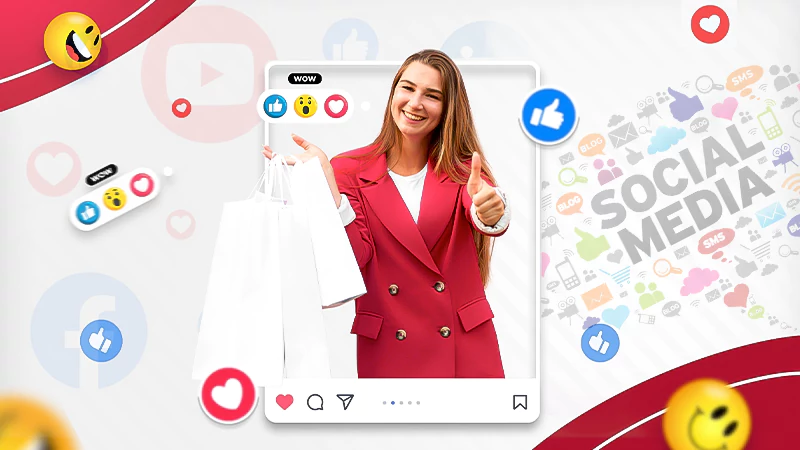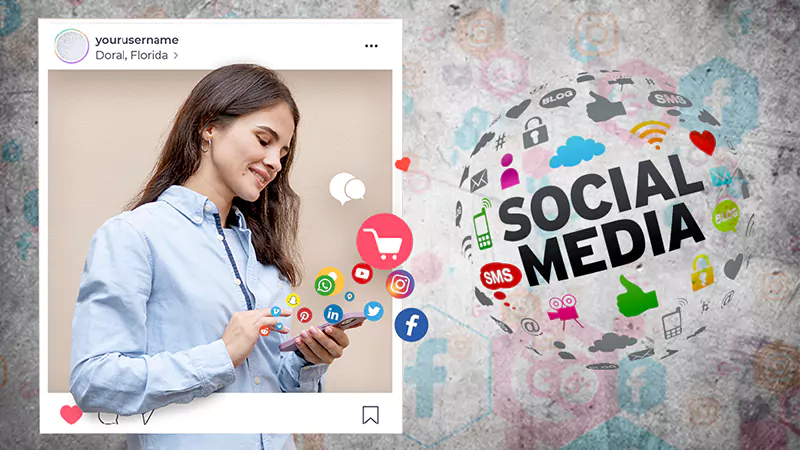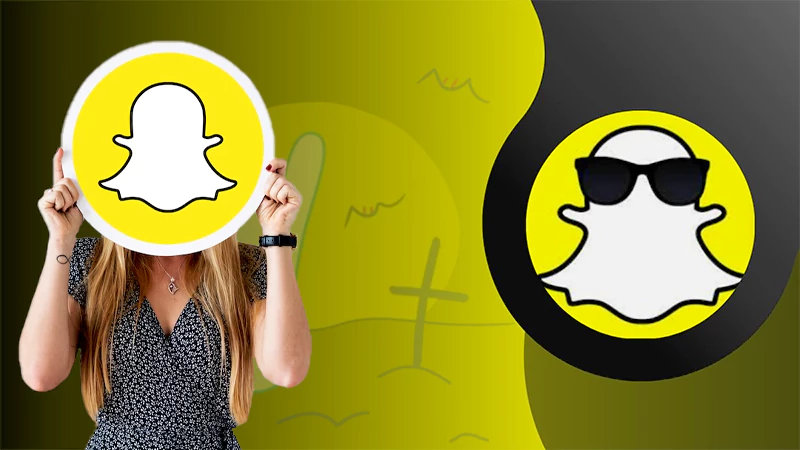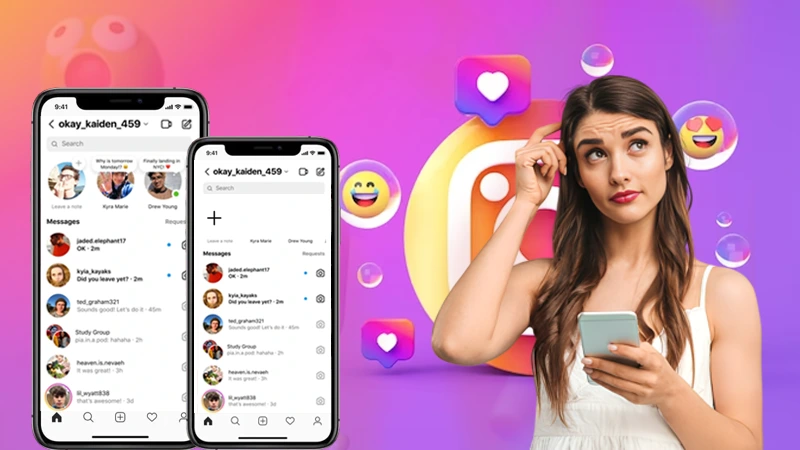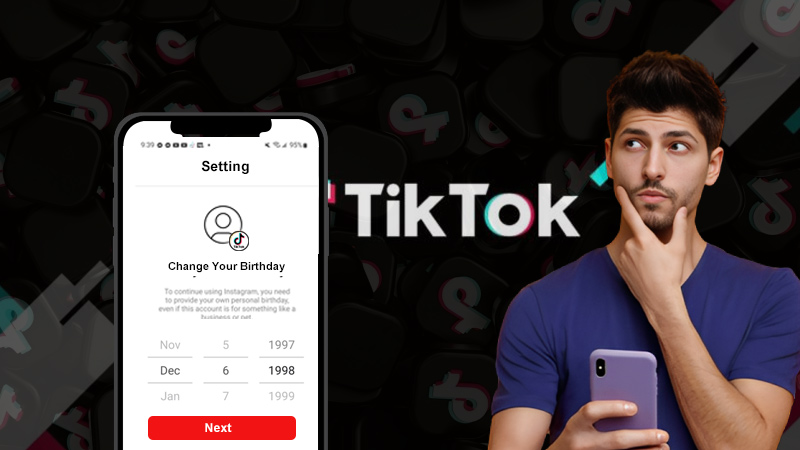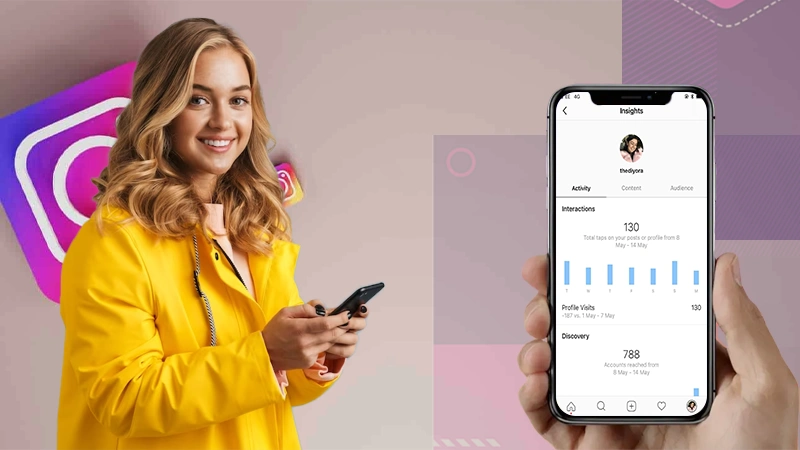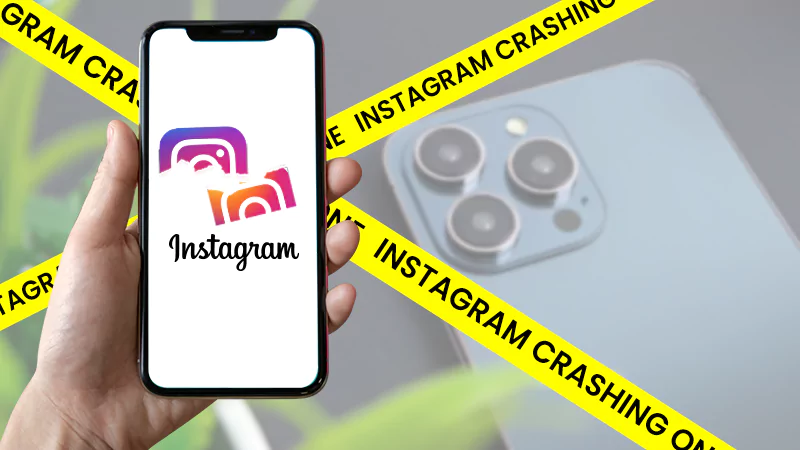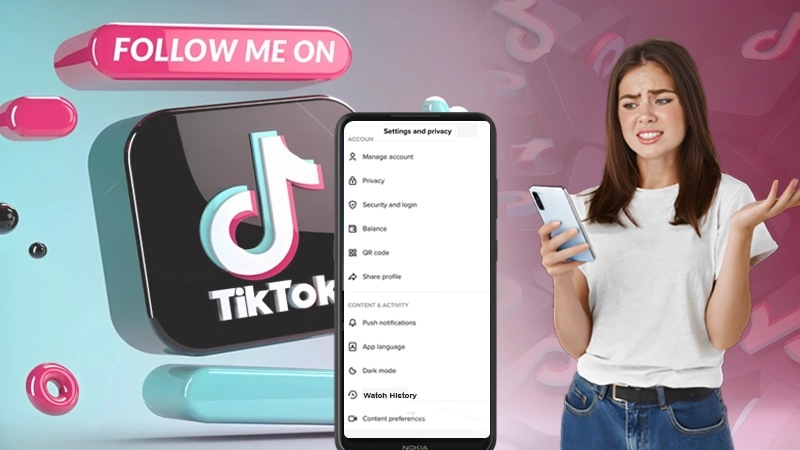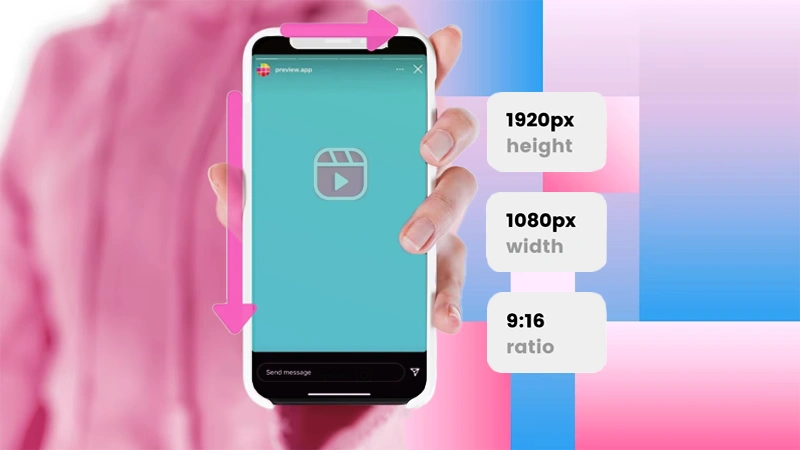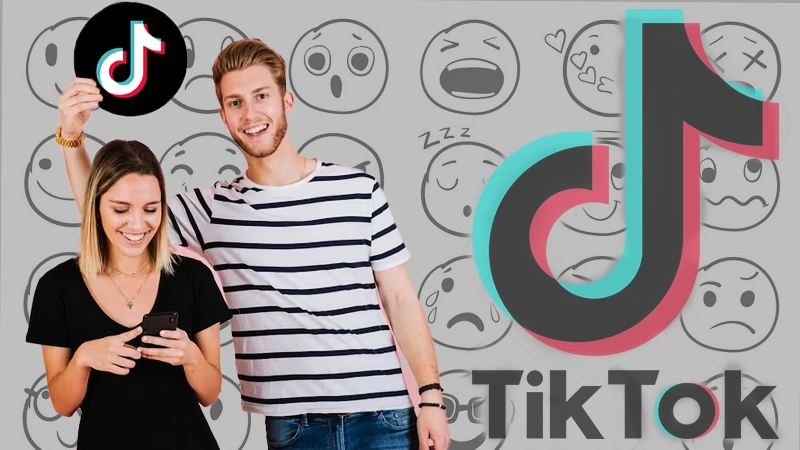Cross-Promoting on Social Media: The Verdict
Marketing and SEO techniques change so frequently that just a few months out of the race and you’re going to have to do your homework all over again.
Google, Facebook, and every other service that collates information are notorious for playing around with their search algorithms, de-ranking things they don’t like (or what you haven’t paid for), or simply occluding their processes so that secrets stay hidden. It makes consistent exposure a difficult thing to attain for any business, large or small.
A Trusted Companion
Cross-promotion, that is, working with a partner to harness two different audiences at the same time, is a rather old-fashioned technique yet one that remains relevant on social media platforms nonetheless. It’s also something that’s immediately observable even out on the street.
McDonald’s provides a perfect case study for cross-promotional marketing, as their Happy Meals are usually bundled with a toy from a company like Nintendo. Their popular Monopoly game is a good example, too. Made by Hasbro, McDonald’s put 136 million Monopoly tickets in food bags in 2018, firmly entrenching all three names in people’s minds.
Another sector that makes extensive use of cross-promotional marketing is the casino industry. By leasing the rights to pop culture icons for their slots games, casinos endear themselves to audiences that are normally outside their reaches, such as movie or TV watchers.
LeoVegas, for instance, has games that feature Rick & Morty, Who Wants to Be a Millionaire?, and Game of Thrones in its library. This handy free spins post details which of LeoVegas’ games are available to play with no deposit, another marketing trick that’s unique to casino gaming.
Of course, the key to cross-promotional marketing is to find a good partner. They should embody the same values as your business, have relevance to your customer base, and provide a trusted companion to your own company.
Social Media
The trick is to make each promotional opportunity meaningful. An infographic that serves as a collaboration between a car hire company and an airline makes sense to the consumer. A cake company offering discounts to the customers of an electronics store is a bit too abstract to offer any particular benefits to either party – though, it can get people talking.
It’s also important to take the concept of cross-promotion literally and post all relevant materials across the various social media platforms. Each one can compliment the others. Facebook is appropriate for long-form content, while Twitter and Instagram are better for displaying announcements and images.
If you’re still not convinced though, consider that money doesn’t always change hands in cross-promotional relationships, making them ideal for those limited advertising budgets. They’re designed to be mutually beneficial by default.
So, while one business enjoys more sales, the other earns through product licensing. Increased public awareness for both brands is also an incidental benefit of cross-promotional marketing.
Overall, this kind of partnership can complement wider marketing goals without requiring the same kind of financial outlay that print advertising does, for example.
The Ultimate Guide to Accessing Geo-Restricted Social Media…
Leveraging Social Media for Networking and Job Search:…
How to Stay Safe on Your Social Media…
Mastering the Digital Domain: 5 Social Media Marketing…
Why Ghost Trails Feature Disappeared: Did Snapchat Remove…
Understanding Why Don’t I Have Instagram Notes &…
How to Change Age on TikTok? An Ultimate…
Instagram Profile Viewer: Can You See Who Views…
Learn 15+ Easy Ways to Fix Instagram Keep…
TikTok Watch History: An Ultimate Guide on How…
The Ultimate 2024 Guide to Instagram Story Size…
All You Need to Know About TikTok’s Viral…



